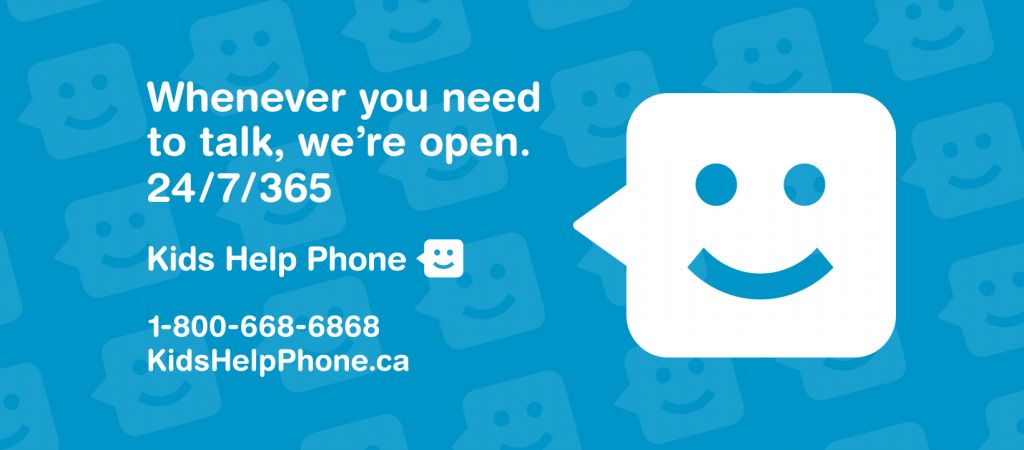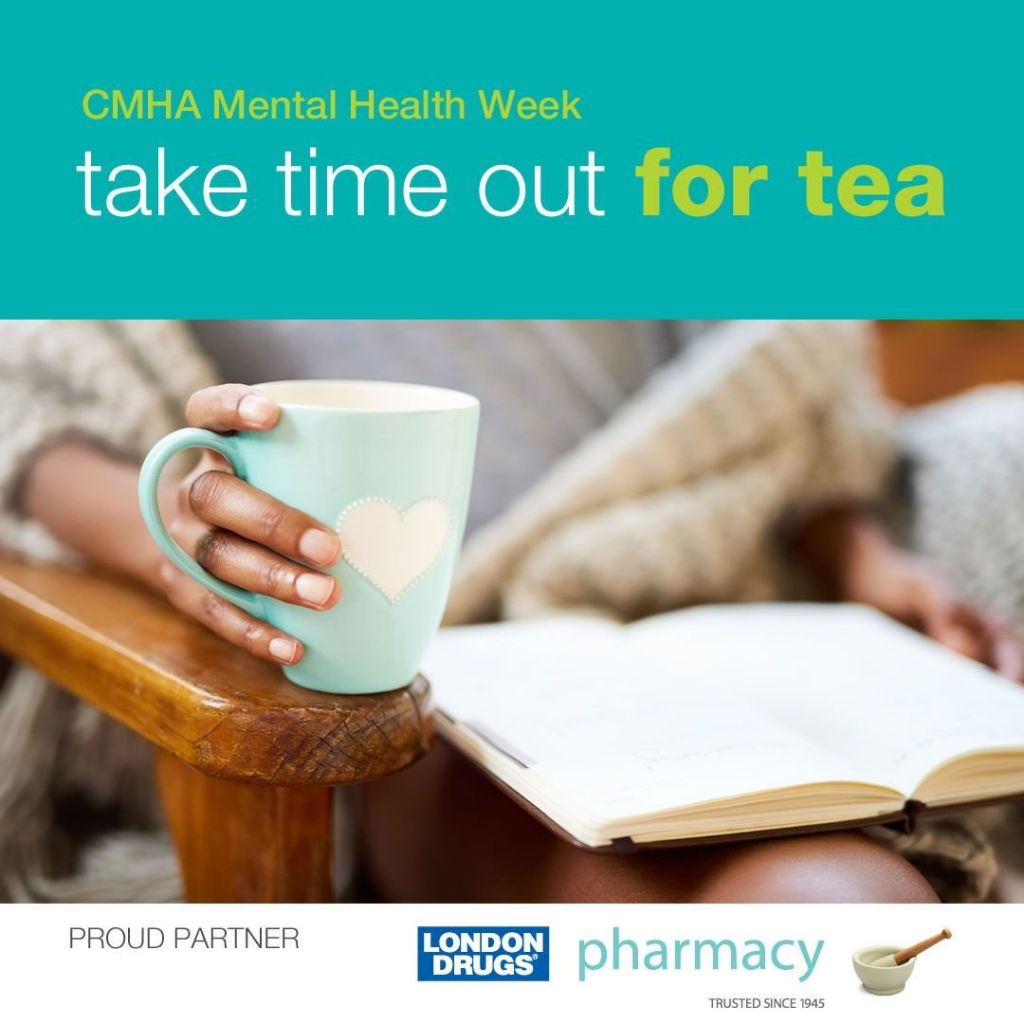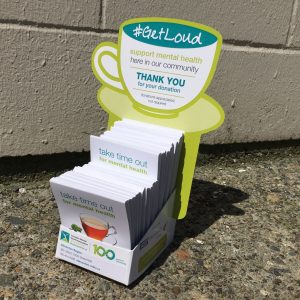
Travel offers a host of health benefits for your mind, body, and soul. It relieves stress, boosts happiness, strengthens mental resilience, and increases cognitive flexibility. Vacations break the cycle of stress which permeates our daily lives, allowing us some time out from usual routines—and it allows us to gain a new perspective on our problems. After a successful trip, we feel energized and refreshed, ready to take on the world again.
Travel can also lead to an improved connection to ourselves and others. Research shows that when we go beyond our social comfort zone and immerse ourselves into different cultures, we strengthen our personal identity and increase our confidence. Vacations also promote “shared experience” with others by fostering connections. Shared memories and time spent together, outside of usual mundane routines, help to promote these positive ties with family and friends.

All that said, when leaving your usual routine and surroundings, challenges might come up. One challenge is that traveling may cause symptoms of a mental health condition to flare. Regardless of whatever idyllic and peaceful location you are headed to, most people experience some level of stress both before and/or during any trip.
Research has found that the most common stressful travel experiences are related to pre-travel issues such as planning, financial concerns, packing, making travel arrangements, and developing the itinerary. But some people also have stressful experiences during the trip, such as coping with weather conditions, traffic jams, flight delays, conflict with travel partners, and transportation.
The good news, however, is that in many cases, there are ways to prevent travel anxiety from ruining our vacations!
Plan ahead:
- Research your destination, especially if you might experience cultural and linguistic differences
- Learn a few common phrases to help you get by in the local language, if needed
- Find out where to exchange currency for the best rate
- Know what kind of electrical outlets people use so you can recharge your phone, tablet or use your curling irons!
 Be organized:
Be organized:
- Ensure that your passport is current and you have the necessary visas
- Book your hotel before you arrive and keep a copy of your confirmation with you
- Check in for your flight online the day before and leave extra time at the airport to get through security
Be prepared for emergencies:
- Look up the local emergency number so that you have it, just in case
- Don’t leave home without travel insurance!
Know the rules when it comes to medications:
If you are travelling with prescription medication for a mental health condition, it’s important to research your destination country’s drug importation laws to see if your medication is regulated. Many medications for treating mental health conditions are highly regulated and countries impose restrictions on the amount and type of medication that can be imported.
- Know whether you can travel with it to your destination
- Carry your medications in their original containers
- Bring a letter from the prescribing physician indicating that the medicines have been prescribed for medical reasons (including health condition, and the dosage prescribed)

Try to relax and don’t feel guilty:
- Do remember that you are not indispensable to your workplace—they will manage without you
- Don’t check work emails
- Do remember that recharging is just as important as working
- Remind yourself that you deserve this time off
- If you’re a caregiver and feel guilty leaving your charge with someone else, try to focus on the reality vs. your anxieties and worst case scenarios
Be mindful of how you’re feeling:
- Don’t be afraid to take a break from your planned activities if you need to relax and recharge
- Keep up routines that make you feel stable
- Pack a few items to help you relax at the end of a challenging day, such as a journal, music or your running shoes
- Music is great for reducing anxiety when travel becomes stressful—listening to your favourite songs can have a huge difference on your mood
Stay healthy:
- Maintain a healthy sleep schedule to help diminish stress while traveling
- Eat properly and avoid too much over-indulgence
- Even mild dehydration can affect mood, energy levels and the ability to think clearly so carry water with you and stay hydrated—avoid alcoholic beverages before or during a flight, which can increase dehydration
Written by Lorna Allen, CMHA BC





 Everyone has bouts of low mood and excessive worrying. Thankfully, these are often temporary. For some, however, the feelings don’t go away on their own and more structured help is needed.
Everyone has bouts of low mood and excessive worrying. Thankfully, these are often temporary. For some, however, the feelings don’t go away on their own and more structured help is needed.
 Trick anxiety by “acting normal”
Trick anxiety by “acting normal” 






